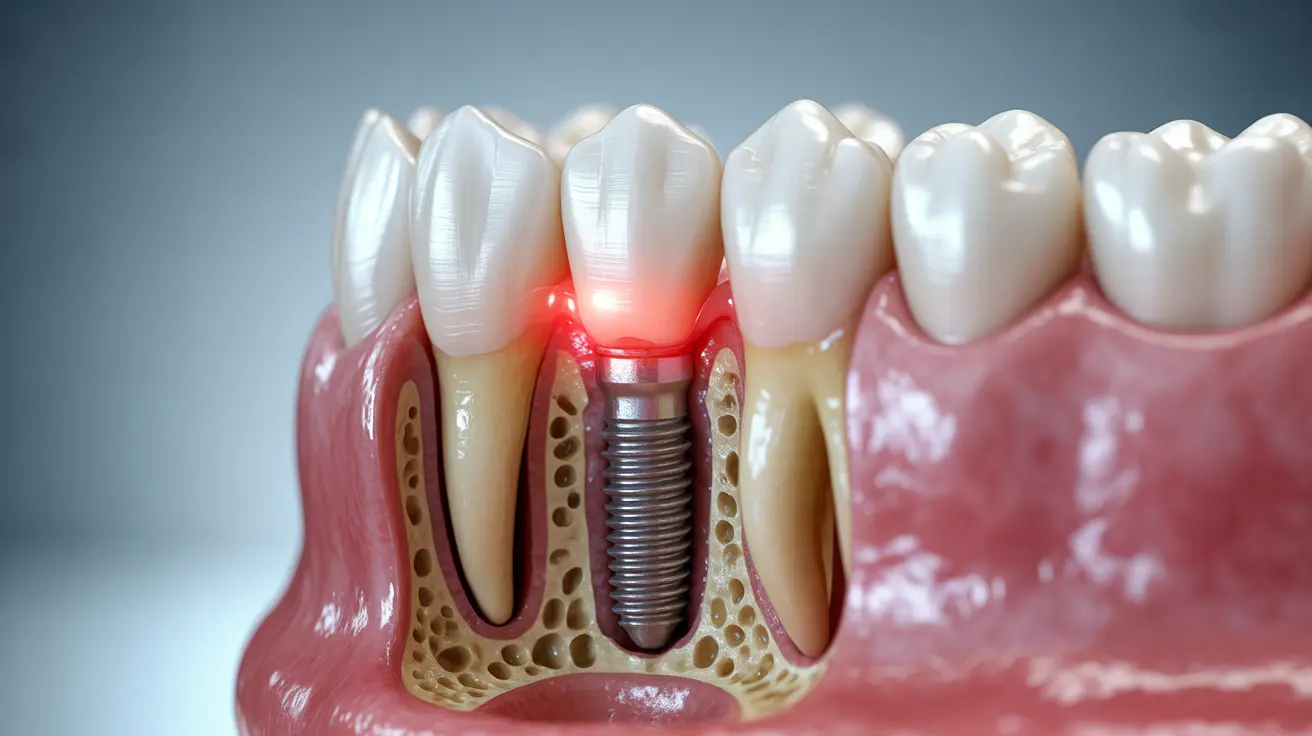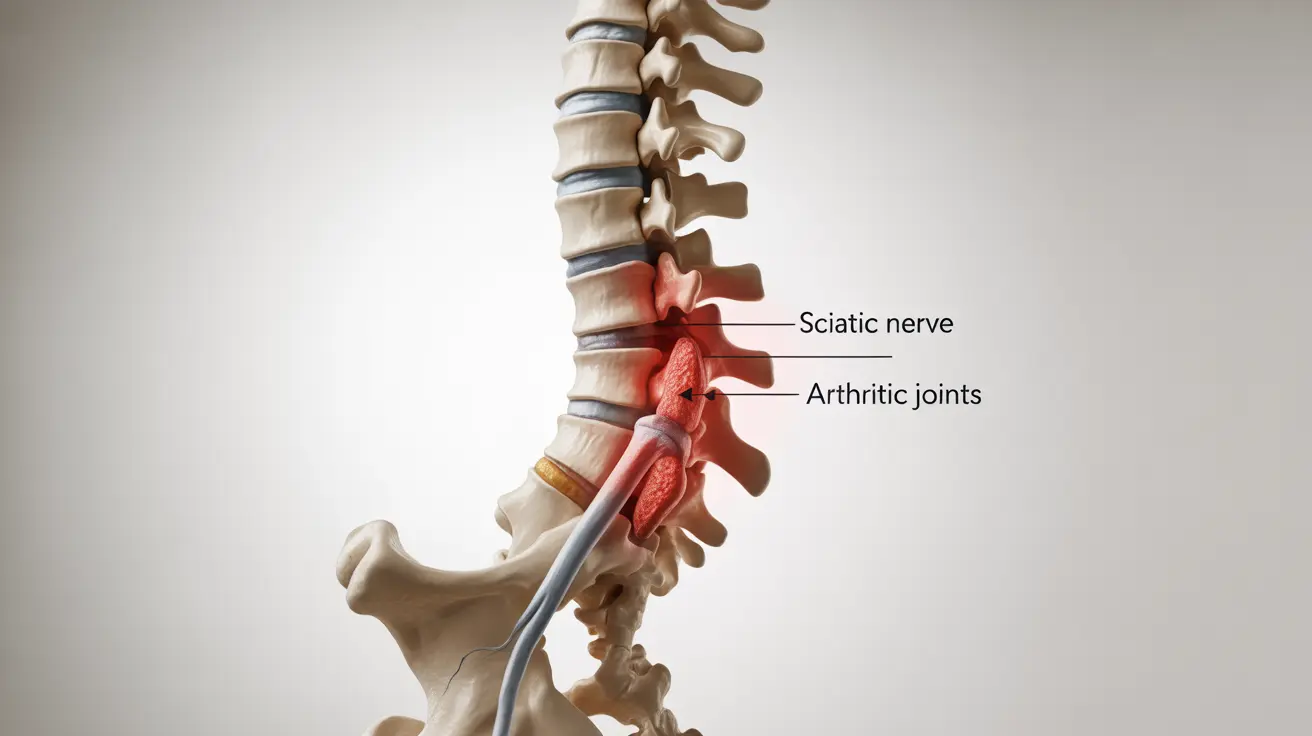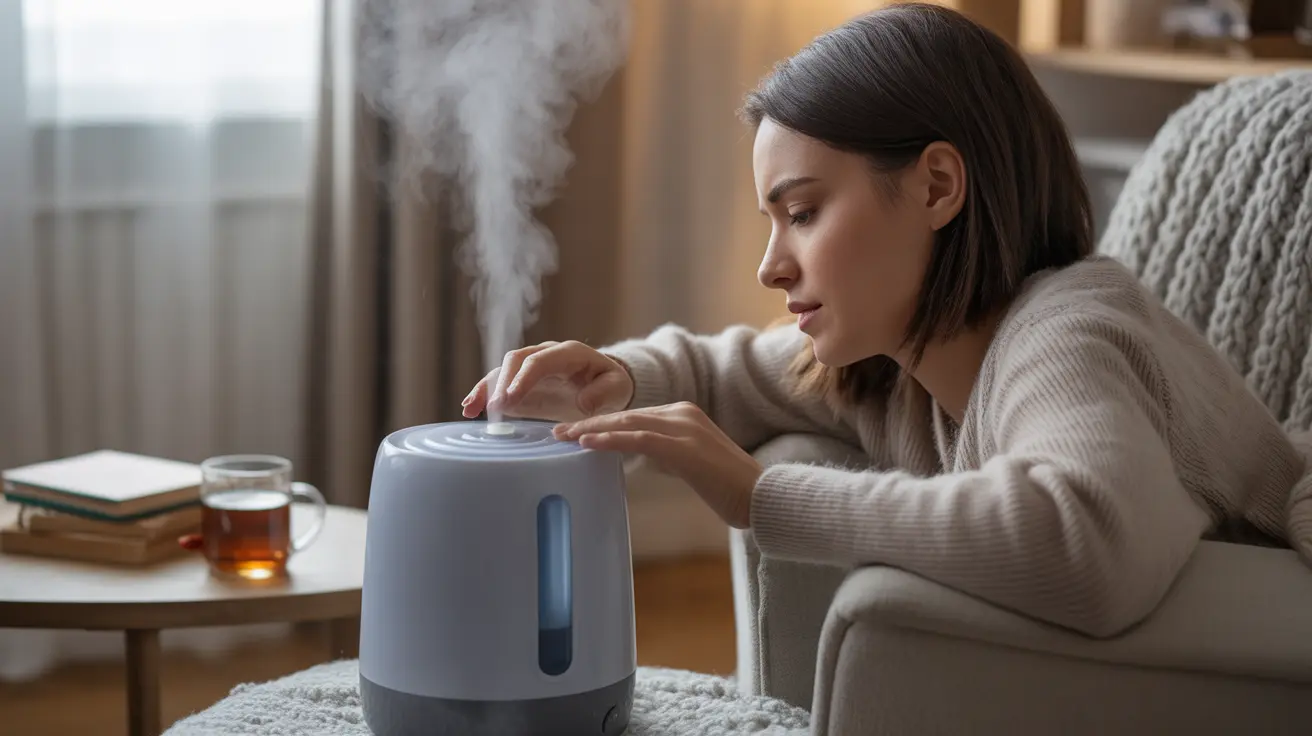Experiencing tingling sensations in your nipples can be both surprising and concerning. While often harmless, this sensation may sometimes indicate underlying health issues that require attention. This article explores the various causes of tingling nipples, when to be concerned, and how to manage this common yet sometimes perplexing symptom.
Understanding the reasons behind nipple tingling can help you determine whether it's a normal bodily response or a sign that warrants medical evaluation. Let's dive into the potential causes, associated symptoms, and steps you can take to address this sensation.
Common Causes of Tingling Nipples in Women
Tingling nipples can occur due to various reasons, ranging from benign hormonal changes to more serious medical conditions. Here are some of the most common causes:
Hormonal Changes
Hormonal fluctuations are a frequent cause of nipple tingling, particularly in women. These changes can occur during:
- Menstrual cycle
- Pregnancy
- Breastfeeding
- Menopause
During these times, hormones like estrogen and progesterone can affect breast tissue sensitivity, leading to tingling sensations.
Physical Stimulation
Sometimes, the cause of tingling nipples is simply physical. This can include:
- Friction from clothing or exercise
- Temperature changes (e.g., exposure to cold)
- Sexual arousal
Nerve Irritation
Compression or irritation of nerves that supply sensation to the breast and nipple area can cause tingling. This might result from:
- Poor posture
- Carrying heavy bags on your shoulders
- Certain sleeping positions
When Tingling Nipples May Indicate a Health Concern
While often harmless, nipple tingling can sometimes be a symptom of an underlying health issue. It's important to be aware of these potential concerns:
Breast Cancer
Although uncommon, persistent tingling in the breast or nipple area can be an early sign of breast cancer. However, it's crucial to note that tingling alone is rarely indicative of cancer. Other symptoms to watch for include:
- Lumps or thickening in the breast tissue
- Changes in breast size or shape
- Skin changes (e.g., dimpling or redness)
- Nipple discharge or inversion
If you experience persistent tingling along with any of these symptoms, consult your healthcare provider promptly.
Mastitis
Mastitis, an inflammation of breast tissue often related to breastfeeding, can cause tingling sensations along with other symptoms such as:
- Breast pain and swelling
- Redness and warmth in the affected area
- Fever and chills
If you suspect mastitis, especially if you're breastfeeding, seek medical attention as treatment may be necessary.
Managing and Treating Tingling Nipples
The approach to managing tingling nipples depends on the underlying cause. Here are some general tips and treatments:
For Hormonal Causes
If hormonal changes are the culprit, symptoms often resolve on their own. However, you can try:
- Wearing a supportive, well-fitted bra
- Applying cool compresses to reduce sensitivity
- Over-the-counter pain relievers if discomfort is significant
For Physical Stimulation
To address tingling caused by physical factors:
- Choose soft, breathable fabrics for clothing
- Ensure proper fit of sports bras during exercise
- Protect nipples from extreme temperature changes
For Nerve Irritation
If nerve compression is suspected:
- Practice good posture
- Use ergonomic backpacks or bags
- Adjust sleeping positions to reduce pressure on the chest area
When to Seek Medical Advice
While most cases of nipple tingling are benign, it's important to consult a healthcare provider if you experience:
- Persistent tingling lasting more than a few days
- Tingling accompanied by other breast changes or symptoms
- Severe pain or discomfort
- Any signs that concern you, especially if you have a family history of breast cancer
Your doctor can perform a thorough examination and recommend appropriate tests or treatments if necessary.
Frequently Asked Questions
What are some common causes of tingling nipples in women?
Common causes of tingling nipples in women include hormonal changes during the menstrual cycle, pregnancy, or menopause; physical stimulation from clothing or exercise; and nerve irritation due to poor posture or compression. In most cases, these sensations are harmless and temporary.
Is tingling in the breasts a potential symptom of breast cancer, and what other symptoms should I look for?
While tingling in the breasts can potentially be a symptom of breast cancer, it's rarely the only sign. Other symptoms to watch for include lumps or thickening in breast tissue, changes in breast size or shape, skin changes like dimpling or redness, nipple discharge, or nipple inversion. If you experience persistent tingling along with any of these symptoms, consult your healthcare provider promptly.
How can I manage or treat tingling in my breasts during pregnancy or menstruation?
To manage tingling in your breasts during pregnancy or menstruation, try wearing a supportive, well-fitted bra, applying cool compresses to reduce sensitivity, and using over-the-counter pain relievers if discomfort is significant. If symptoms persist or are severe, consult your healthcare provider for personalized advice.
Can tight clothing or physical activity cause nipple tingling, and what can I do to prevent it?
Yes, tight clothing and physical activity can cause nipple tingling due to friction or stimulation. To prevent this, choose soft, breathable fabrics for clothing, ensure proper fit of sports bras during exercise, and consider using nipple protectors or lubricants for extended physical activities. Allowing your skin to breathe and reducing friction can help alleviate these symptoms.
What are the differences between mastitis and other conditions that cause breast or nipple tingling?
Mastitis, an inflammation of breast tissue often related to breastfeeding, can cause tingling but is typically accompanied by more severe symptoms such as breast pain, swelling, redness, warmth in the affected area, and often fever and chills. Other conditions causing nipple tingling (like hormonal changes or nerve irritation) usually don't present with these additional inflammatory symptoms. If you suspect mastitis, especially if you're breastfeeding, seek medical attention as treatment may be necessary.
Remember, while tingling nipples are often a benign and temporary sensation, persistent or concerning symptoms should always be evaluated by a healthcare professional to ensure proper diagnosis and treatment.




